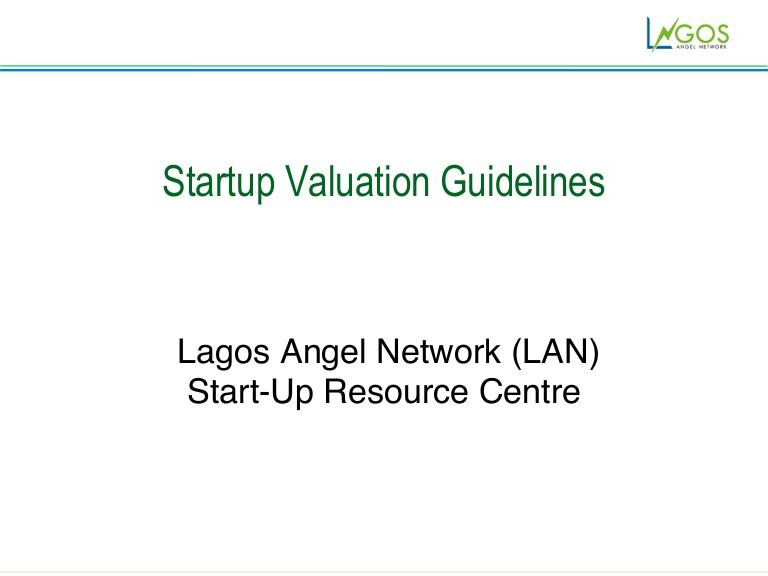Contents
Your friend, on the other hand, is under no obligation to paint your house. If he or she does so, the contract goes into effect and is legally binding. You made the open offer, and if the house is painted, you need to pay up.

An insurance policy contract, which is frequently partially unilateral, is an example of a unilateral contract. The offeror is the sole party having a contractual responsibility in a unilateral contract. One-sided contracts are the most common type of unilateral contract. Businesses involve buying and selling goods and services, and bilateral contracts are integral in efficiently completing business deals.
When we think of contracts, we think of two or more parties making a promise to one another. Express contracts are contracts that are formed by some sort of language. So how are express contracts different from implied-in-fact contracts? Well, express contracts are different from implied contracts because the terms are defined explicitly and exactly.
Resources created by teachers for teachers
This is actually very common, especially in updates to service agreements or Terms and Conditions. These changes are legal and enforceable when your new contract conforms to best practices, including providing proper https://1investing.in/ notice to the user, noticeability of the changes, and affirmative assent by the user. Unilateral contracts are a convenient way to advertise rewards or put out an open request to receive help from others.
In a bilateral contract, the contract is formed when there you have a valid offer and offer and valid acceptance by the offeree. Although the policyholder does pay a premium to the insurance company , the contract will have the characteristics of a unilateral contract. There are many instances in our everyday lives that unilateral contracts are formed probably without us even thinking about it. You can consider a unilateral contract as a one-sided agreement or an agreement where the obligations flow unilaterally from one party to the other. Unilateral contract.Starting performance is NOT acceptance of an offer to enter into a unilateral contract; only completing performance is acceptance.
Similarly, when you buy a dress, receive medical treatment, or purchase a book at a library, you’re participating in a bilateral contract. Businesses use contracts to protect their interests and mitigate risk. A contract is an agreement mutually decided by two or more parties to create a legal obligation. Business professionals primarily use two types of contracts—unilateral contracts and bilateral contracts. However, there can’t be legal issues until one party claims to have rendered the requested service.
- Reward funds can be paid to a single individual or several individuals offering information that meets specified criteria.
- The website is updated with new questions every day, so it is always up-to-date.
- The commitment made by one party acts as adequate consideration, for the promise made by another party.
If the conditional event does not occur, then the insurance company will not be responsible for payment. The opposite party who may accept is called the offeree, and the offeree has no duty to act in any way. Therefore, the offeree has the power to accept or reject the offer. If the offeree chooses to accept and honor the unilateral agreement, the contract is formed and legally viable. With a unilateral contract, the first party is not under any obligation to pay, and the second party only needs to fulfill the duty if they wish to.
Are unilateral contracts enforceable?
Similarly, the authorities cannot enforce that someone from the public executes the obligation of offering information. For example, image John, the offeror, committed examples of unilateral contract to paying $1,000 to the first person who can find his lost collectible baseball card. The offeror can revoke the offer before the offeree’s performance begins.

In a unilateral contract, the offeror promises to pay for specified acts that can be open requests, random, or optional for other parties involved. In general, unilateral contracts are most often used when an offeror has an open request in which they are willing to pay for a specified act. Unlike unilateral contracts, bilateral agreements need two parties to accept a role in a promise.
Unilateral Contract Examples
Unilateral contracts involve only one person or group – called the ‘offeror’ – making a promise to do something. If you need help with a unilateral contract, you can post your legal need on UpCounsel’s marketplace. Lawyers on UpCounsel come from law schools such as Harvard Law and Yale Law and average 14 years of legal experience, including work with or on behalf of companies like Google, Menlo Ventures, and Airbnb. For example, if you enter into a contract to sell a vehicle, you have an obligation to transfer its ownership, whereas the buyer has an obligation to pay you for it. The terms of the contract will specify the ways to fulfill the obligations (amount and mode of payment, time and place of delivery, etc.). To accept an offer for a bilateral contract, the offeree must make the promise requested by the offer.
Unilateral contracts example includes offering rewards for tasks that anyone might complete with no compromise on the other side. This kind of contract is enforceable by contract law, and the promisor must keep its promises. A contract in which only one party makes an express promise, or undertakes a performance without first securing a reciprocal agreement from the other party. For example, in some jurisdictions, Jane may be legally obligated to keep her offer open if Tommy begins making sufficient efforts towards finding the lost dog. For example, putting up posters or asking around at local animal shelters.

Both Erica and Alisa agree to the terms and conditions of the contract. This is bilateral since both individuals have obligations to fulfill. Alisa has to transfer the asset to Erica, and Erica is obligated to pay $500 as per the contract.
What is a Bilateral Contract?
Open requests can pertain to a reward for criminal bounties, payment for the location of a missing item, or labor contracts. When you consult insurance services, the company promises to pay you a certain amount if a certain event occurs. However, if that event doesn’t happen, the company is not obliged to pay you any money. Offerers use unilateral contracts to make optional or broad requests in an open economy. The requests are only paid for in the event some specifications are met. For instance, in a criminal case, the government may offer a reward to someone who provides important information about the “wanted” criminal or the case itself.
By offering the reward, the offeror sets up a unilateral contract that stipulates that the reward will be issued once the lost pet or item is found. The unilateral insurance definition is an agreement on the part of insurance companies to pay a certain amount to a customer only following a specified event, like an accident. Otherwise, the insurance companies are not liable for making a payment. In exchange, the customer pays a premium fee upfront to receive financial protection when the event occurs. A unilateral contract is an agreement which is one-sided; in other words, one person makes a promise to do something while the other does not take action immediately.
Unilateral contract offeree
The difference between a unilateral and bilateral contract is the two-sidedness of a bilateral contract, absent in a unilateral contract. Therefore, determining a contract breach would depend on how clear or vague the terms of the contract were and if the disputing party can prove that they satisfactorily rendered the requested service. Unilateral contracts are often one-sided and do not impose major obligations on the offeree. One of the most popular forms of unilateral contracts is an open request or an insurance policy. Offering a reward for a missing wallet is an example of a unilateral contract. The person missing their wallet is the offeror, and they have put out an open offer for anyone to come perform the task of finding the wallet.